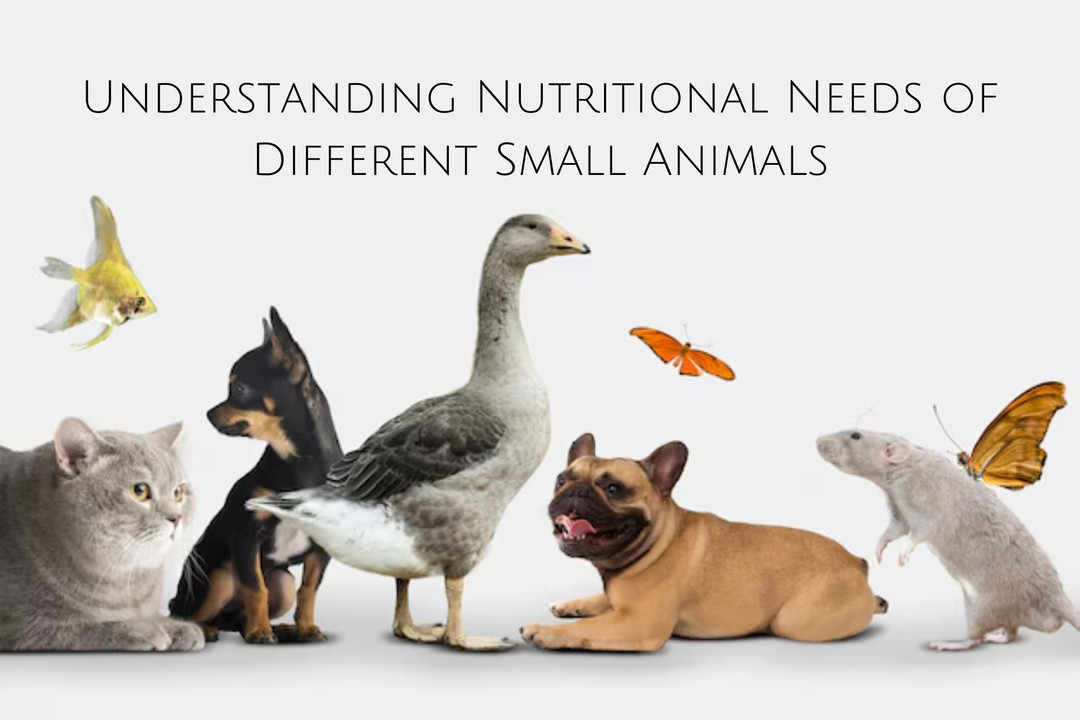Understanding the Nutritional Needs of Different Small Animals
Small animals, such as rabbits, guinea pigs, hamsters, ferrets, and reptiles, may share similarities in size, but their nutritional needs vary significantly. As pet owners, it's crucial to understand these needs to ensure that your small pet lives a long, healthy, and happy life. Each type of small animal requires a specific balance of nutrients, including protein, fiber, fat, vitamins, and minerals, which must be tailored to their species, age, and activity level.
This guide provides an overview of the nutritional requirements of some of the most common small pets and how to meet those needs with the right foods and supplements.
Rabbits: The Herbivores: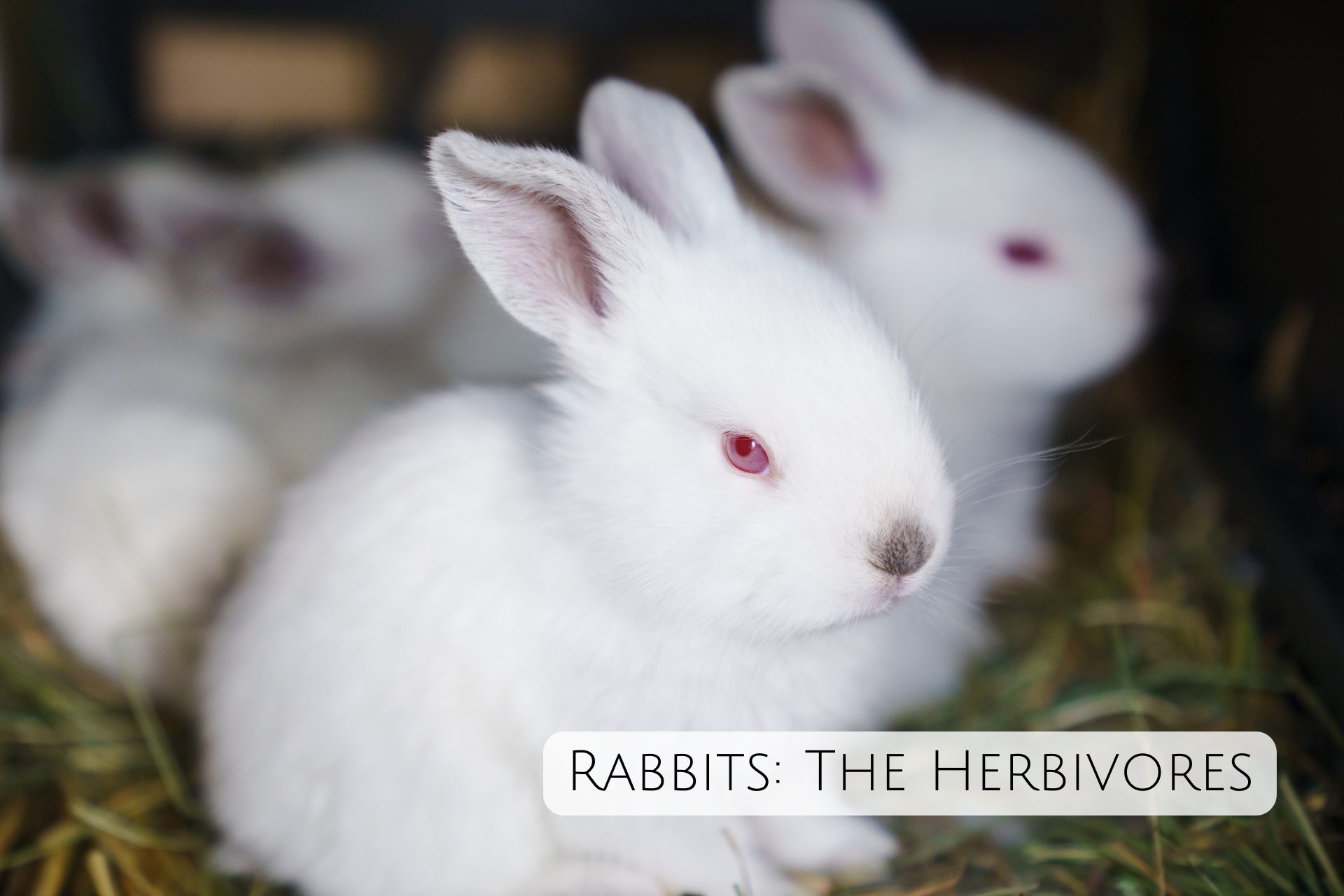
Rabbits are strict herbivores, meaning their diet should consist primarily of plant-based foods. They require a high-fiber diet to maintain their digestive health, as their digestive system is designed to process a large volume of fiber.
Key Nutritional Needs:
- Fiber: The cornerstone of a rabbit’s diet. A rabbit’s digestive system needs plenty of fiber to function properly. The best source of fiber comes from hay, particularly Timothy hay or other high-fiber grass hays.
- Pellets: Choose a high-fiber, low-calcium pellet formulated specifically for rabbits. Pellets should be used sparingly, as excessive intake can lead to obesity or urinary issues.
- Fresh Vegetables: Leafy greens such as romaine lettuce, kale, and cilantro are great sources of vitamins and minerals.
- Water: Fresh water should always be available, as dehydration can cause health problems for rabbits.
Foods to Avoid:
- High-sugar fruits (e.g., apples, grapes) should be fed in moderation.
- Foods high in fat or protein, such as nuts, seeds, and meat, are unsuitable for rabbits.
Guinea Pigs: Vitamin C Boosters: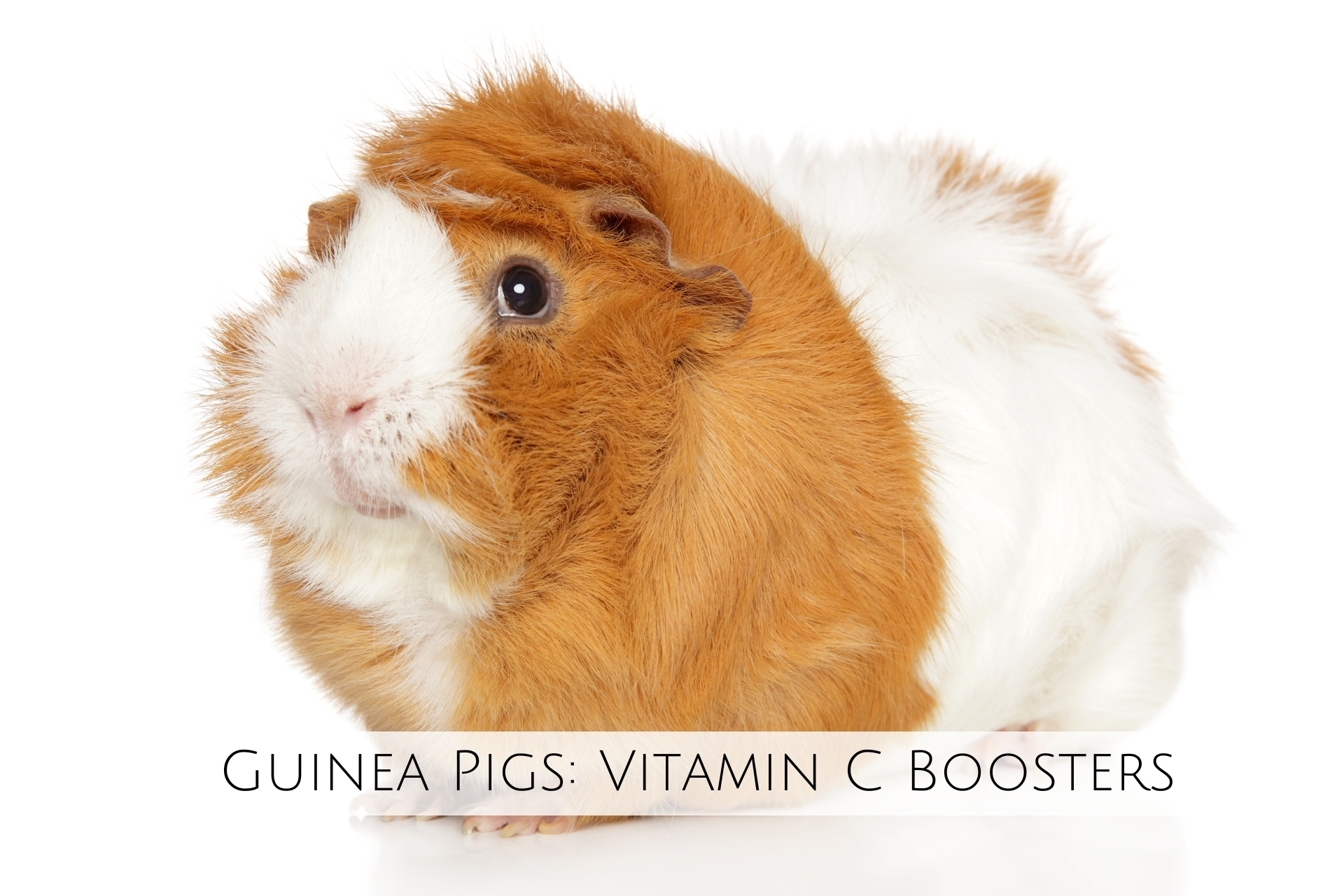
Guinea pigs are also herbivores, but their dietary needs are slightly different from rabbits. One key difference is that guinea pigs cannot produce Vitamin C on their own, so it must be provided through their diet.
Key Nutritional Needs:
- Fiber: Like rabbits, guinea pigs require a high-fiber diet, primarily from hay (e.g., Timothy hay). This supports their digestion and prevents obesity.
- Vitamin C: Fresh vegetables, especially bell peppers, leafy greens, and citrus fruits, provide a good source of Vitamin C. You can also offer specialized guinea pig pellets enriched with Vitamin C.
- Pellets: High-fiber, hay-based pellets with added Vitamin C should form part of their diet. Avoid pellets with seeds or nuts, as these can lead to obesity.
- Water: Fresh, clean water should always be available, and it’s best to change the water daily to avoid contamination.
Foods to Avoid:
- Avoid fruits that are high in sugar, such as bananas or grapes.
Hamsters: Small but Mighty Eaters: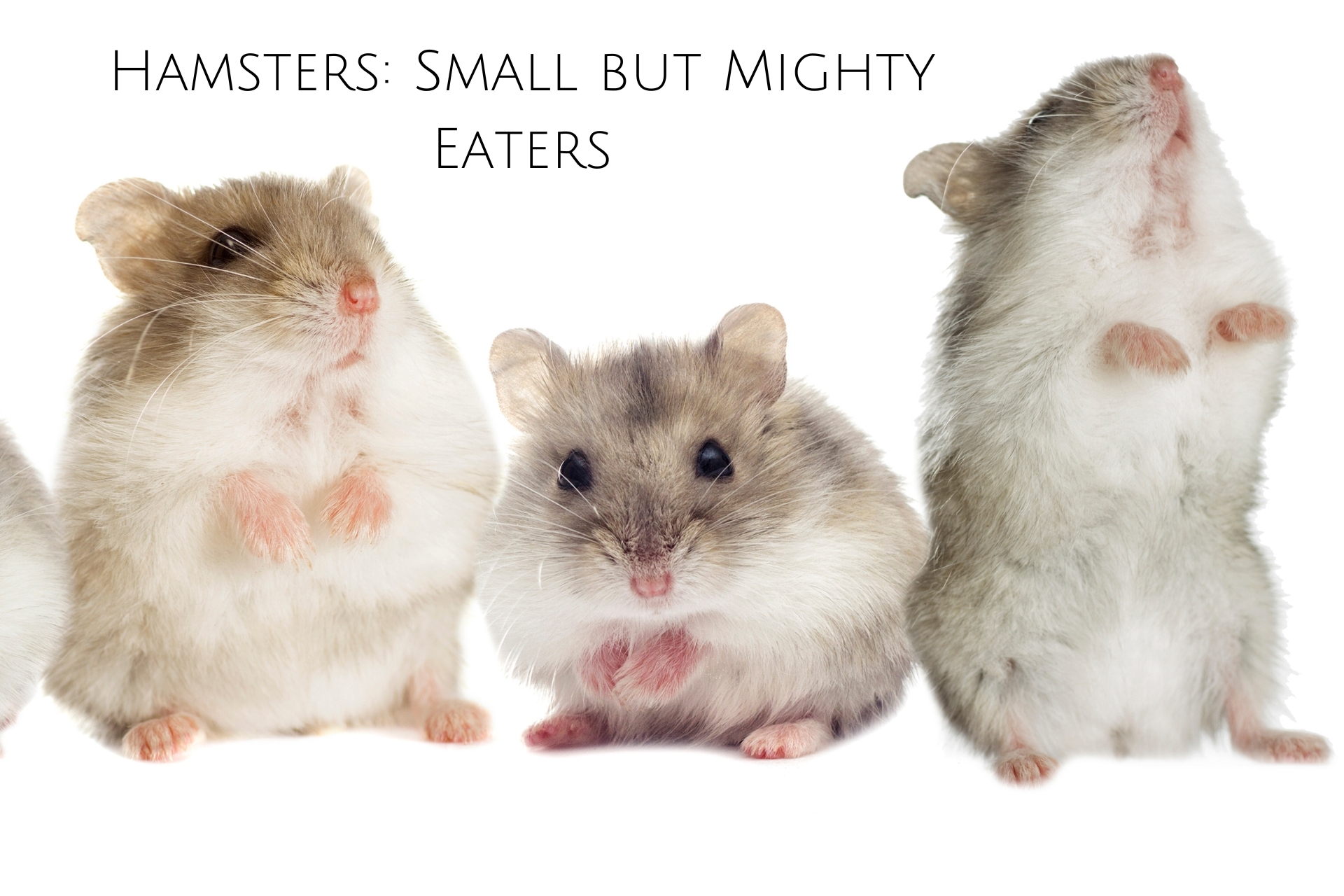
Hamsters are omnivores, which means they consume both plant-based and animal-based foods. However, their diet needs to be carefully balanced to avoid obesity, as hamsters tend to overeat if food is not monitored.
Key Nutritional Needs:
- Protein: Hamsters need moderate protein levels to support muscle growth and energy. Protein can come from high-quality hamster pellets, small amounts of cooked eggs, mealworms, or other insect-based treats.
- Fiber: While hamsters don’t need as much fiber as rabbits or guinea pigs, some fiber is still necessary for digestion. Hay or small amounts of fruits and vegetables can provide the right balance.
- Fresh Vegetables: Offer a small selection of fresh vegetables like carrots, cucumbers, and spinach.
- Fruits: Hamsters can enjoy small portions of fruit like apples, strawberries, and bananas, but fruits should be given sparingly due to high sugar content.
- Water: Fresh water should always be available, preferably in a sipper bottle to avoid contamination from bedding material.
Foods to Avoid:
- High-fat or high-sugar foods, such as processed seeds, candy, and sugary treats.
- Garlic, onion, and citrus fruits, as they are toxic to hamsters.
Ferrets: High-Protein Diets: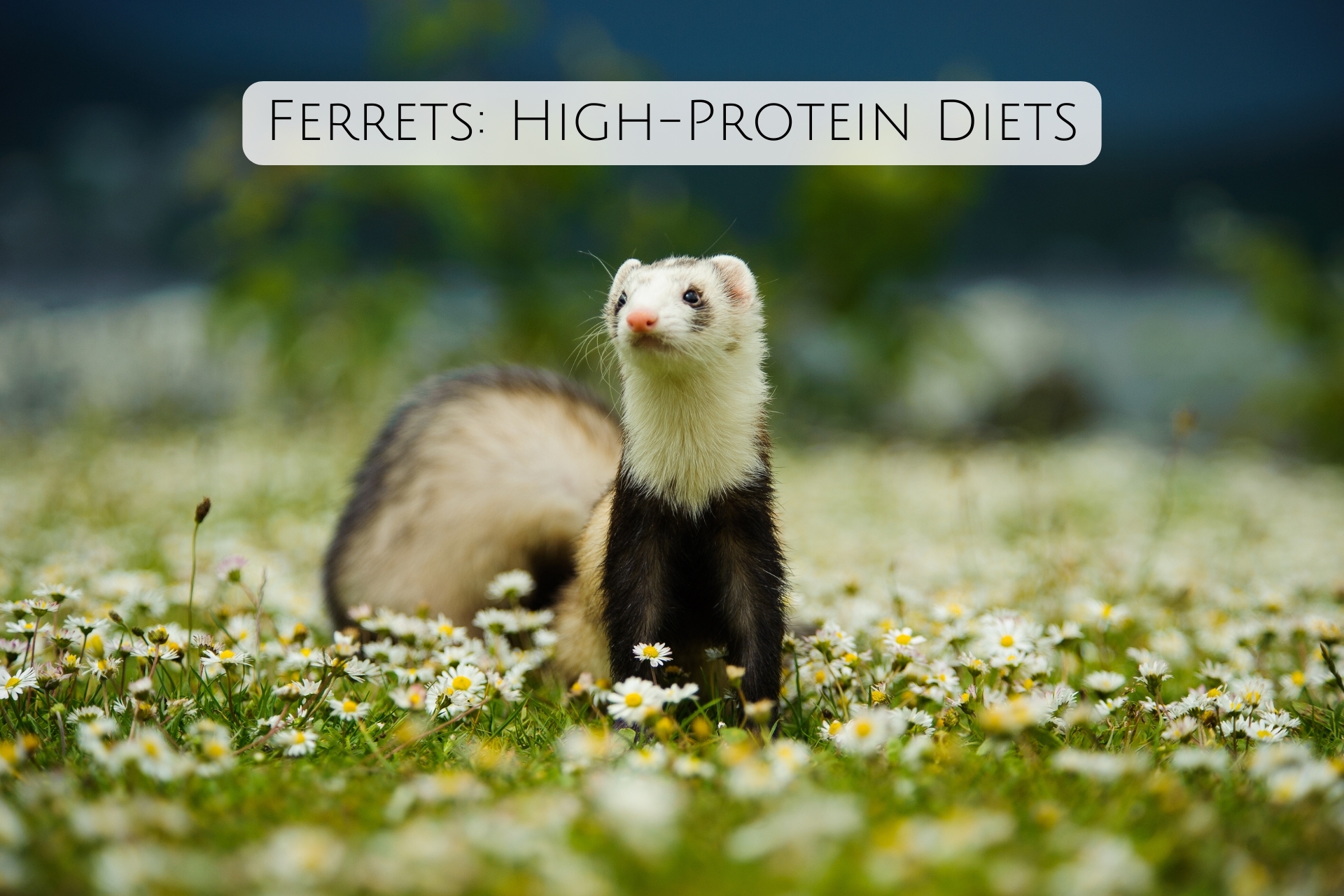
Ferrets are obligate carnivores, which means they must eat animal-based proteins to meet their nutritional needs. A diet rich in meat, fats, and protein is essential for their overall health and energy levels.
Key Nutritional Needs:
- Protein: Ferrets need a high-protein diet, ideally around 30-40%. This protein should come from animal-based sources like chicken, turkey, and lamb.
- Fat: Ferrets also require a diet rich in fat (15-30%), which helps provide the energy they need for their active lifestyle.
- Carbohydrates: Unlike some other small animals, ferrets do not need carbohydrates.
- Commercial Ferret Food: High-quality, meat-based ferret pellets are available and should be the main part of their diet. These pellets are specifically formulated for ferrets' nutritional needs.
- Water: Always provide fresh water for your ferret. Ferrets have high energy needs, so hydration is important for their overall health.
Foods to Avoid:
- Do not feed ferrets fruits, vegetables, or sugary foods, as these are not suitable for their digestive systems and can cause health issues.
- Avoid any food containing grains, corn, or gluten, which are difficult for ferrets to digest.
Reptiles: Species-Specific Diets: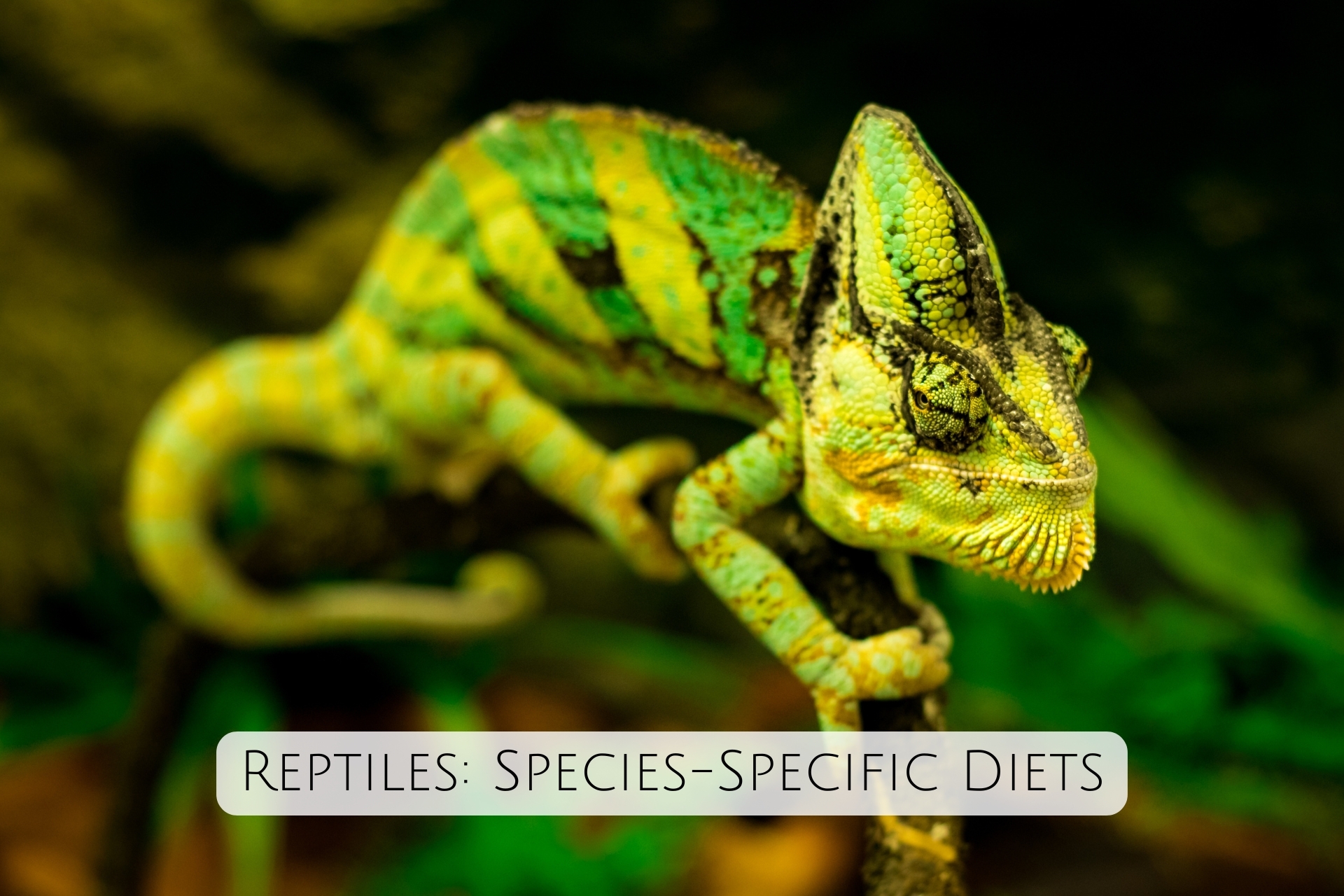
Reptiles, such as turtles, snakes, and lizards, have highly specialized dietary needs that vary depending on their species. Some are herbivores, while others are carnivores or omnivores, depending on their species. Understanding your reptile's specific requirements is crucial for ensuring they thrive.
Key Nutritional Needs:
- Herbivores (e.g., Tortoises): These reptiles need a diet rich in leafy greens, vegetables, and some fruits. A variety of grasses and hays (like timothy hay) are essential for their digestive health.
- Carnivores (e.g., Snakes): Carnivorous reptiles require a diet consisting mainly of whole prey, such as mice or small rats. This provides them with the protein and nutrients they need to thrive.
- Omnivores (e.g., Bearded Dragons): These reptiles need a balanced diet of both animal protein (insects, worms) and plant matter (leafy greens, vegetables).
- Calcium and Vitamin D: Many reptiles require supplements of calcium and Vitamin D to maintain strong bones and prevent metabolic bone disease, especially those housed indoors with limited access to natural sunlight.
Foods to Avoid:
- Avoid feeding reptiles processed foods or anything toxic to their species (e.g., iceberg lettuce for turtles).
- Never feed reptiles wild-caught insects, as they may carry pesticides or parasites.
General Tips for Feeding Small Animals: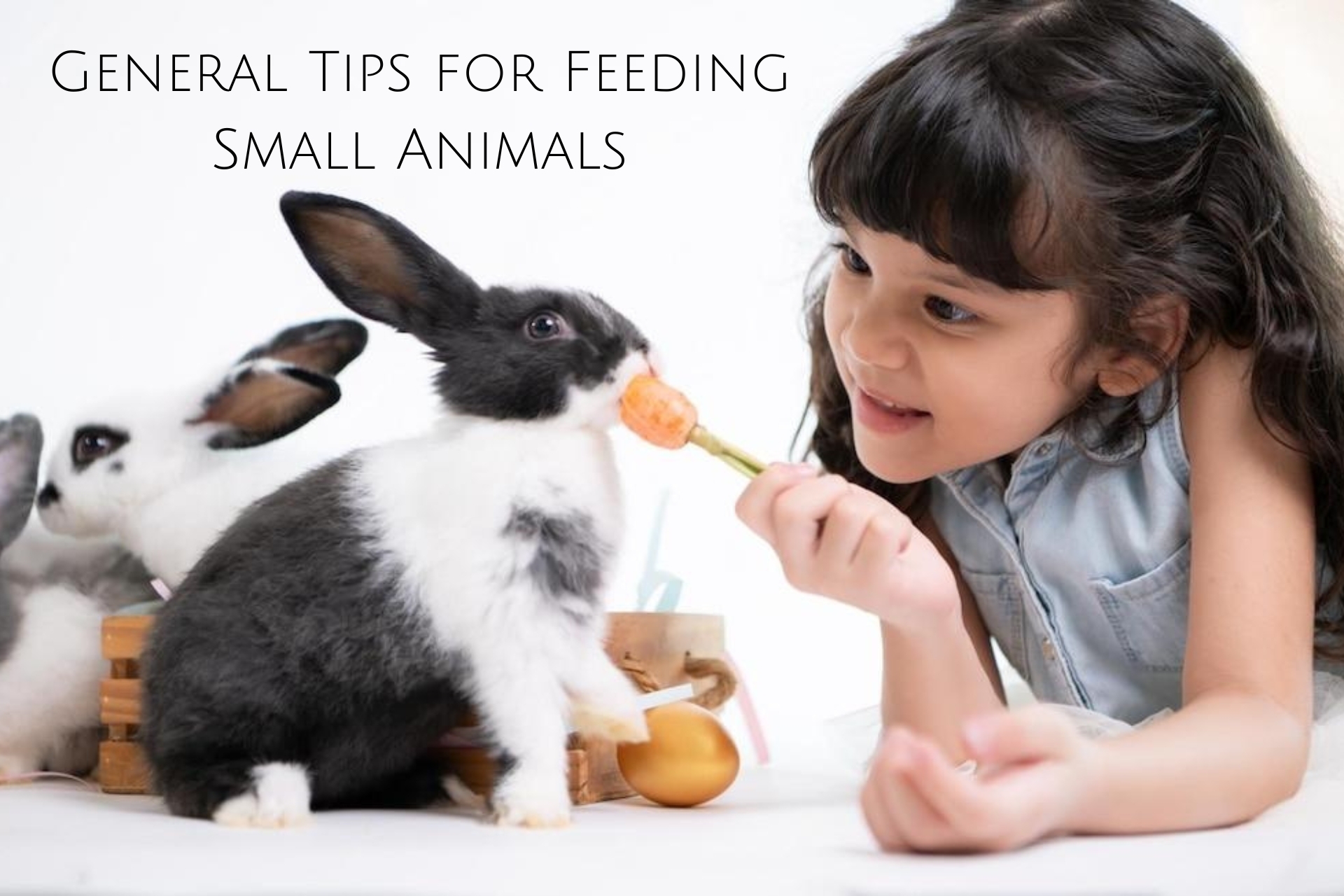
- Freshness: Always ensure that food is fresh and free from mold or contamination. Replace uneaten food daily to prevent spoilage.
- Variety: Offering a variety of food is important for stimulating your pet’s appetite and providing a well-rounded diet.
- Supplements: Depending on your pet’s species, age, or health condition, some pets may benefit from additional supplements, such as multivitamins or minerals. Before adding supplements to your pet's diet, it's important to consult with your veterinarian.
- Treats: While treats can be an excellent way to bond with your pet, they should always be given in moderation.
Conclusion:
Understanding the nutritional needs of your small pet is one of the most important aspects of responsible pet ownership. Each species has unique dietary requirements, and meeting these needs will ensure your pet is healthy, happy, and well-nourished. Be sure to research the specific needs of your pet species and consult your veterinarian to ensure you are providing the best possible diet. With the right care and proper nutrition, your small pet will thrive and enjoy a long, healthy life by your side.
Knowledge Hub
The Interconnection of Hydraulics, Pneumatics, and Plumbing: Understanding Fluid Power Systems
Fluid power systems are a cornerstone of modern technology, playing a crucial role in various indust...
The Evolution of Scanners: From Drum Scanners to Portable Handheld Devices
The journey of scanning technology is a fascinating one, marked by decades of innovation and adaptat...
The Power of Textures: Mixing Materials in Home Accessories
In interior design, texture transforms, bringing depth, warmth, and character to a space. Textures i...
The Psychology of Play: How Toys Influence Child Development
Play is an essential component of childhood, and toys are often the main medium through which childr...
The Role of Lubricants in Reducing Wear and Tear in Industrial Machinery
Industrial machinery is the backbone of manufacturing and production processes, and its efficiency a...
The Science Behind Misting: How Handheld Fans Work to Cool You Down
On a scorching hot day, few things feel as refreshing as a cool breeze paired with a fine mist of wa...

